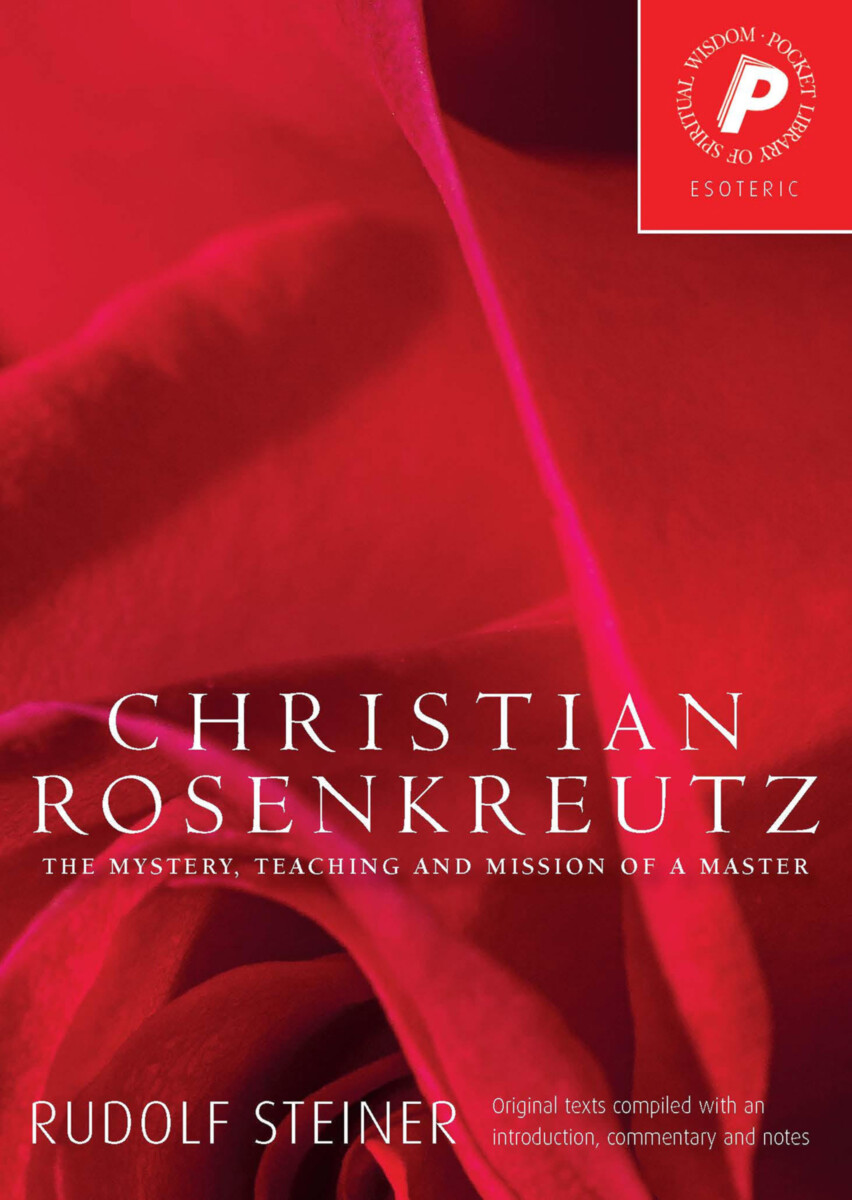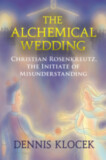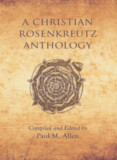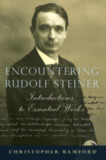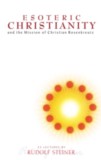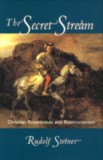Christian Rosenkreutz
The Mystery, Teaching, and Mission of a Master
- Publisher
Rudolf Steiner Press - Published
20th February 2002 - ISBN 9781855840843
- Language English
- Pages 88 pp.
- Size 4.72" x 6.7"
Through philosophical and scientific training, Rudolf Steiner brought systematic discipline to the field of spiritual research, with fully conscious methods and comprehensive results. A natural seer, he cultivated his spiritual vision to a high degree, enabling him to speak with authority on previously veiled mysteries.
Samples of his work are contained in this book, with edited excerpts from Steiner’s numerous talks and writings on Christian Rosenkreutz.
The Mystery of Christian Rosenkreutz; The Working of Christian Rosenkreutz Today and in the Past; Christian Rosenkreutz as the Guardian of Modern Knowledge; From Ancient to Modern in Rosicrucian Teachings; Christian Rosenkreutz at the “Chymical Wedding”; The Cosmic Mission of Christian Rosenkreutz; The Question of ‘Rosicrucian’ Literature.
C O N T E N T S:
Introduction by Andrew J. Welburn
1. The Mystery of Christian Rosenkreutz
2. The Working of Christian Rosenkreutz—Then and Today
3. Christian Rosenkreutz as the Guardian of Modern Knowledge
4. The Cosmic Mission of Christian Rosenkreutz
Appendix: The Question of “Rosicrucian” Literature
NotesSources
Suggested Further Reading
Note Regarding Rudolf Steiner’s Lectures
Rudolf Steiner
Rudolf Steiner (b. Rudolf Joseph Lorenz Steiner, 1861–1925) was born in the small village of Kraljevec, Austro-Hungarian Empire (now in Croatia), where he grew up. As a young man, he lived in Weimar and Berlin, where he became a well-published scientific, literary, and philosophical scholar, known especially for his work with Goethe’s scientific writings. Steiner termed his spiritual philosophy anthroposophy, meaning “wisdom of the human being.” As an exceptionally developed seer, he based his work on direct knowledge and perception of spiritual dimensions. He initiated a modern, universal “spiritual science” that is accessible to anyone willing to exercise clear and unbiased thinking. From his spiritual investigations, Steiner provided suggestions for the renewal of numerous activities, including education (general and for special needs), agriculture, medicine, economics, architecture, science, philosophy, Christianity, and the arts. There are currently thousands of schools, clinics, farms, and initiatives in other fields that involve practical work based on the principles Steiner developed. His many published works feature his research into the spiritual nature of human beings, the evolution of the world and humanity, and methods for personal development. He wrote some thirty books and delivered more than six thousand lectures throughout much of Europe. In 1924, Steiner founded the General Anthroposophical Society, which today has branches around the world.


